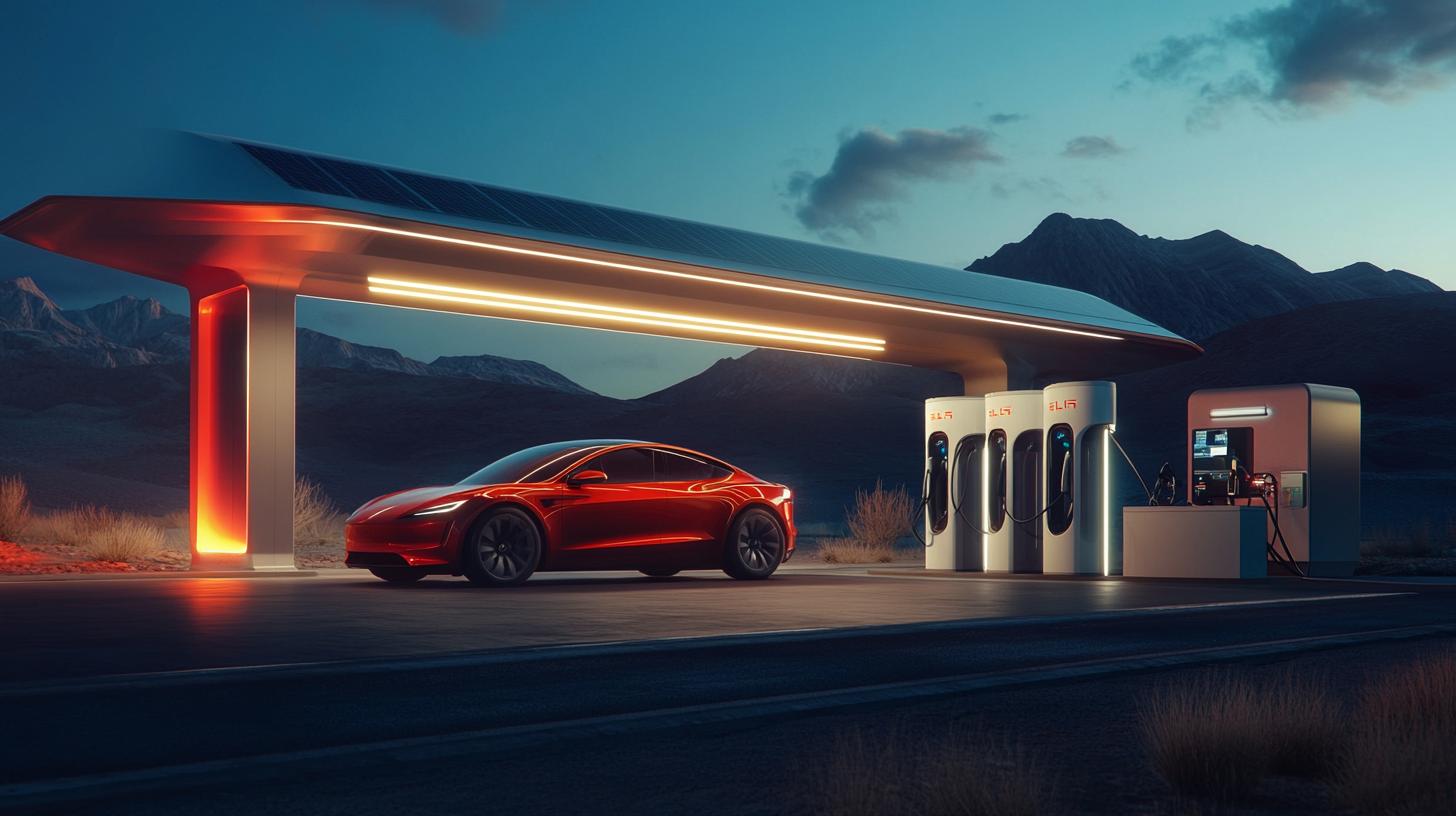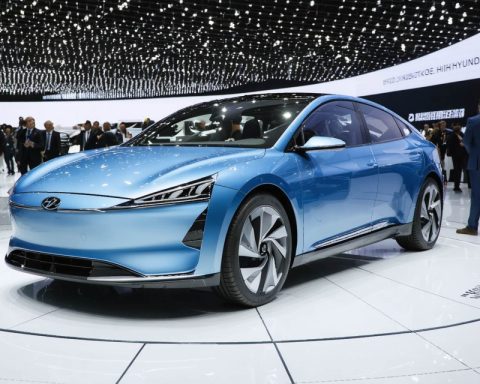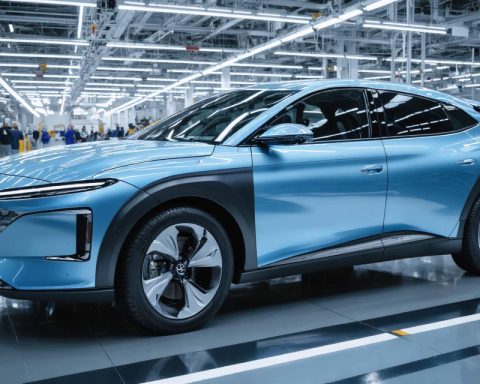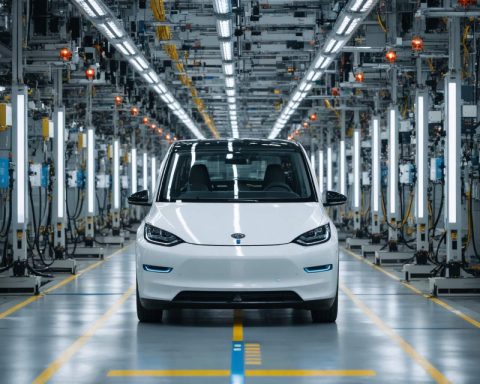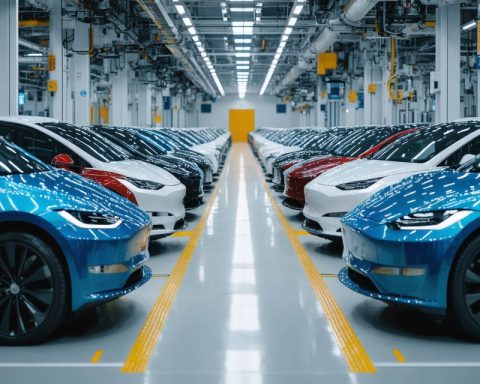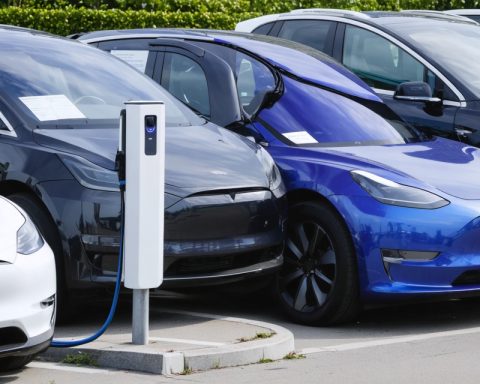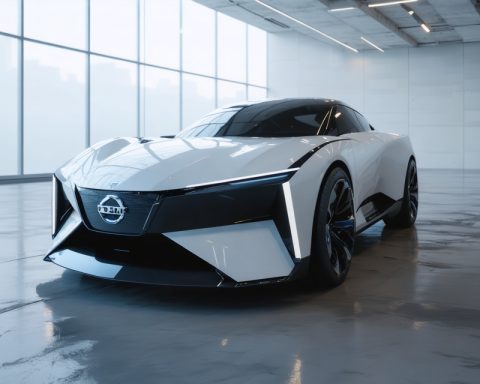In a rapidly evolving energy landscape, Tesla’s CEO Elon Musk has set the stage for heated dialogue by labeling hydrogen energy as ‘silly.’ This bold statement has reverberated through the industry, sparking lively discussions among stakeholders, particularly those championing hydrogen as a viable green energy solution. As global concerns about climate change grow, the imperative shift away from fossil fuels remains more relevant.
Musk’s critique did not come out of the blue; he has long dismissed hydrogen as an impractical medium for energy storage and a misaligned path in the quest for net-zero emissions. His latest dismissal coincided with Toyota’s strategic push to spotlight its hydrogen-fueled Mirai during the Paris Olympics, potentially upending what some see as a crucial marketing moment for hydrogen vehicles.
Interestingly, Nam Hoon Kang, chairperson for the H2 Mobility Energy Environment Technology (MEET) conference, acknowledged Musk’s critique, albeit from a growth perspective. Kang asserted that despite hydrogen’s formidable production costs—currently hovering at $10 per kilogram and far from the U.S. Department of Energy’s $1 target by 2030—the industry is diligently working to surmount these challenges.
The nascent state of green hydrogen, produced through water electrolysis using renewable sources, underscores the current limitations. Over 100 scientists and academics have also spotlighted hydrogen’s inefficiency compared to battery electric vehicles, warning against the potential distractions it poses to more immediately viable solutions.
Moving forward, key will be sustained investment in research and development, which could eventually position hydrogen as a pivotal player in decarbonization efforts across sectors. As the world navigates this critical energy transition, the dialogue between advocates and skeptics will undoubtedly shape the future of sustainable energy solutions.
“The Hydrogen Dilemma: Is the Future Really Green?”
As the global economy inches closer to a pivotal energy transformation, the debate over hydrogen energy is more relevant than ever. While the buzz around hydrogen as a clean fuel alternative continues to grow, there are less-discussed but crucial factors influencing this dialogue—a dialogue that will shape both our environment and economies.
The Economic Impact of Hydrogen
For many countries, the hydrogen economy represents more than just a step toward sustainability; it’s an economic strategy. Nations like Japan, South Korea, and parts of the EU are heavily investing in hydrogen technology. But what are the economic implications?
Against the backdrop of hefty production costs, the scaling of hydrogen technology could create millions of jobs in engineering, manufacturing, and infrastructure development. However, if these costs aren’t reduced, the financial burden could offset perceived benefits. How countries manage this balance will dictate whether hydrogen will become an integral part of their economies or remain a niche technology.
Energy Sovereignty and Security
One major allure of hydrogen is its potential to enhance energy sovereignty. By reducing reliance on imported fossil fuels, countries can bolster their energy security. This is particularly appealing for regions that lack fossil fuel resources but have ample renewable energy potential, which is essential for producing green hydrogen via electrolysis.
Environmental Benefits and Concerns
Hydrogen vehicles emit only water vapor, a seemingly perfect solution in the battle against air pollution. However, the source of electricity for hydrogen production and the technology’s overall energy efficiency stir debate. Is it really green if the hydrogen is produced using fossil fuels, a practice known as “gray hydrogen”? This paradox is at the heart of the environmental assessment.
Efficient hydrogen production remains the elephant in the room. Critics argue that the energy required to produce, store, and transport hydrogen negates its environmental benefits when compared to battery electric vehicles.
Is Hydrogen the Silver Bullet?
Debates aside, hydrogen isn’t inherently the silver bullet some optimists proclaim it to be. Comparatively, the rapid advancements in battery technology pose a direct competition. So one may ask, “Is there a place for hydrogen?” The answer could be specialization. Hydrogen’s strengths lie in sectors less suited to batteries, such as aviation and heavy industry, where high-energy demands and weight limitations exist.
The Path Forward
What’s the future for hydrogen energy? Critical to its success will be comprehensive strategies coupling technological and infrastructural development, consistent policy support, and ongoing investment into reducing production costs. Communities worldwide could then see the layered benefits of transitioning toward a hydrogen economy.
Nevertheless, the energy landscape will continue to be a realm of rigorous competition and innovation. Whether hydrogen can carve out a significant role remains to be seen, but the push for diversified solutions is undisputedly essential.
For more on sustainable energy discussions, visit International Energy Agency and Hydrogen Council.
